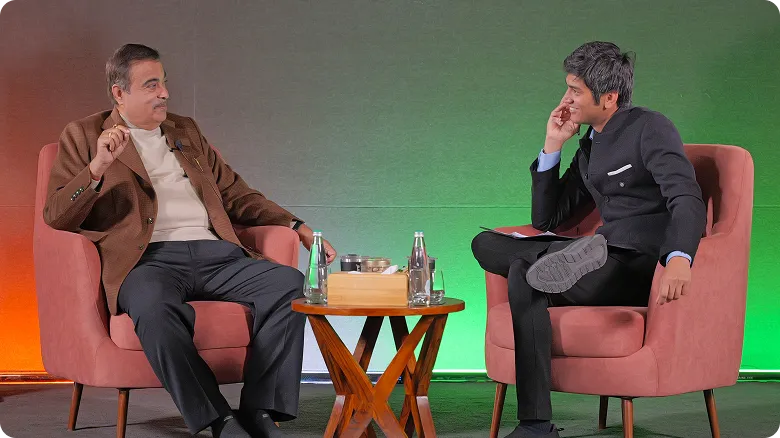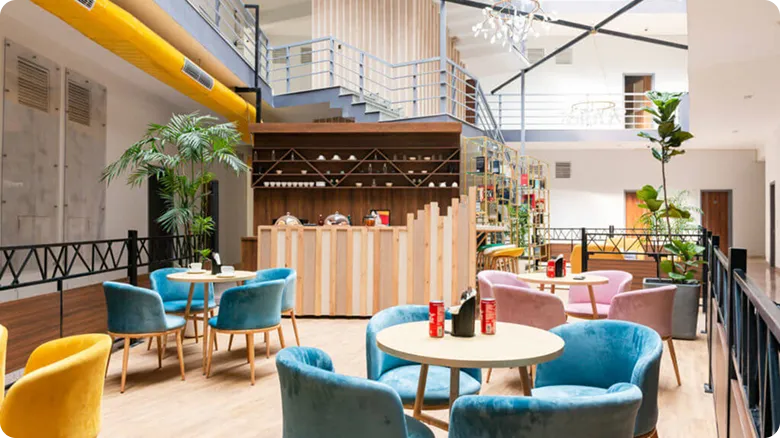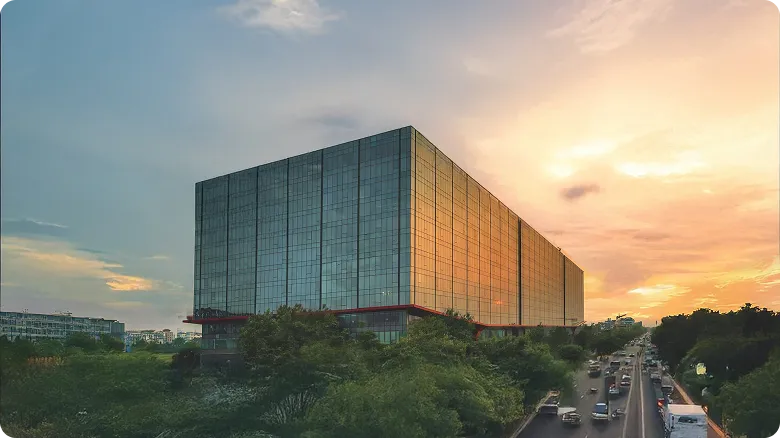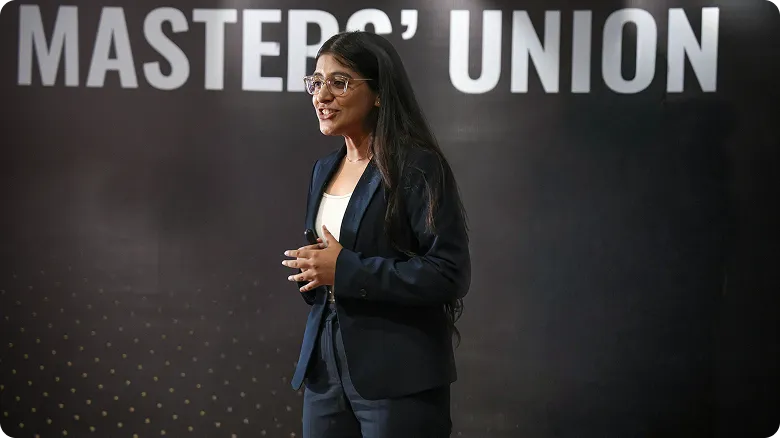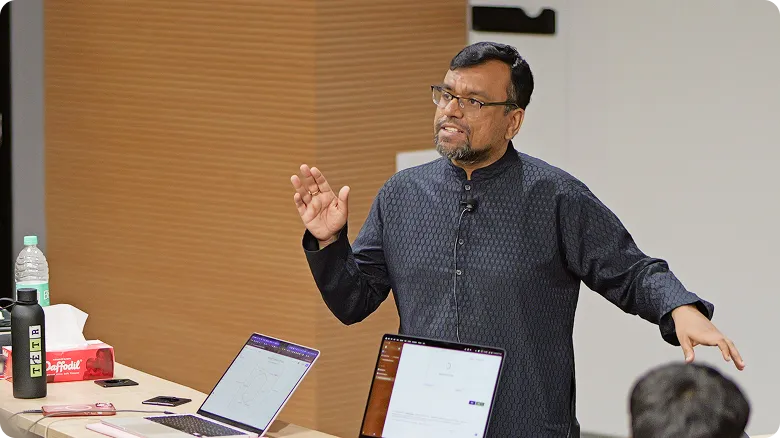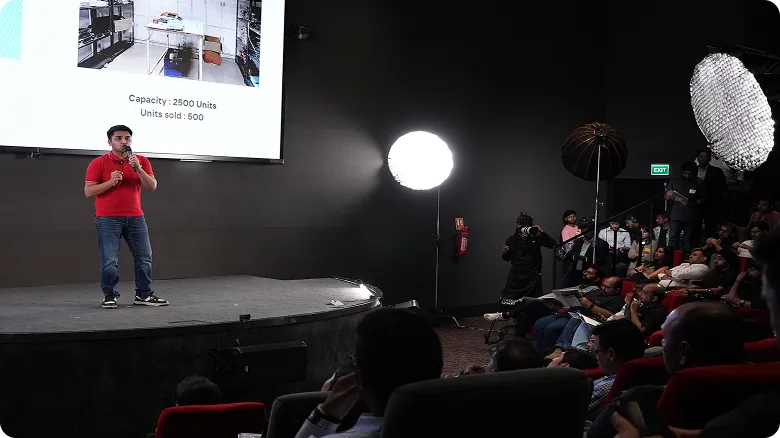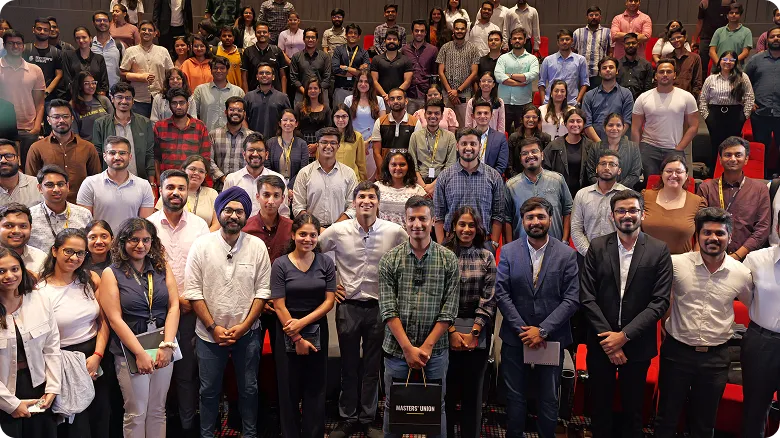Undergraduate
Undergraduate (Global)
Postgraduate
PGP in Technology and Business Management
PGP in Technology & Business Management
(Young Leaders Cohort)
PGP in Human Resources & Organisation Strategy
PGP in Sports Management & Gaming
PGP in Applied AI & Agentic Systems
PGP in UI/UX & Product Design
PGP in Sustainability & Business Management
PGP Bharat
Executive
Family Business
Careers
Innovations
Faculty
MU Ventures
Enterprise Education
Student Life
Jobs
Become a Master
events
For Companies
Blog
Business
The Rise of ‘Tech MBAs’: Are Traditional Programmes Losing Relevance?
April 8, 2025

The MBA degree, long considered the gold standard in business education, is undergoing a transformation. As technology continues to redefine industries, traditional generalist MBA programmes are being challenged by Tech MBAs - specialised degrees that integrate business strategy with cutting-edge technology. But does this mean the classic MBA is becoming obsolete? Or are business schools simply adapting to meet the demands of an increasingly digital world?
Several key factors have contributed to the rise of tech mbas:
-
The growing importance of AI and data analytics: Companies no longer just need managers who can interpret financial statements, they need leaders who can leverage AI, machine learning, and big data to drive decisions. A McKinsey report estimates that companies using AI-driven analytics are 23 times more likely to outperform their competitors.
-
The evolution of the workforce: The traditional MBA curriculum, with its emphasis on case studies and leadership theory, often falls short in equipping graduates with the hard skills needed to thrive in today’s digital economy. Recruiters now seek candidates who understand blockchain, cloud computing, and automation.
-
The rising demand from employers: According to a GMAC Corporate Recruiters Survey, more than 60% of employers want MBA graduates with data science and tech skills. Firms such as Google, Amazon, and Tesla prioritise candidates who can navigate both business strategy and emerging technologies.
-
The shift towards industry-led education: Business schools are moving towards a hybrid education model, where students learn from industry leaders rather than just academic faculty. Institutions like Masters’ Union in India, MIT Sloan, and Carnegie Mellon’s Tepper School of Business now offer Tech MBAs designed to bridge the gap between traditional management education and technological expertise.
How business schools are adapting
To remain relevant, business schools worldwide are redesigning their programmes to incorporate technology, innovation, and hands-on industry experience. For example, London Business School (LBS) has introduced electives on fintech, blockchain strategy, and AI-driven decision-making. MIT Sloan’s MBA now features dedicated modules on data science for business and digital transformation. INSEAD offers a Tech MBA track focusing on automation, entrepreneurship, and digital marketing analytics. Closer home, Masters’ Union has embedded coding bootcamps, AI-led case simulations, and hands-on startup projects into its curriculum, ensuring students graduate with real-world tech expertise.
Are traditional MBAs becoming obsolete?
While Tech MBAs are gaining popularity, traditional MBAs still offer critical leadership, strategic thinking, and networking opportunities that remain valuable. However, generalist programmes that fail to incorporate technology into their curriculum risk losing relevance in an increasingly digital world.
What’s next for MBA education?
Tech MBAs are just the beginning. Business education is moving towards industry-integrated learning, where students solve live business problems rather than studying case studies, AI-driven, personalised curricula that adapt to a student’s career goals, and hybrid degrees combining business, technology, and entrepreneurship.
The message is clear: business education is no longer just about mastering finance and marketing - it’s about understanding how technology is reshaping business itself.
Would you choose a Tech MBA over a traditional one?







